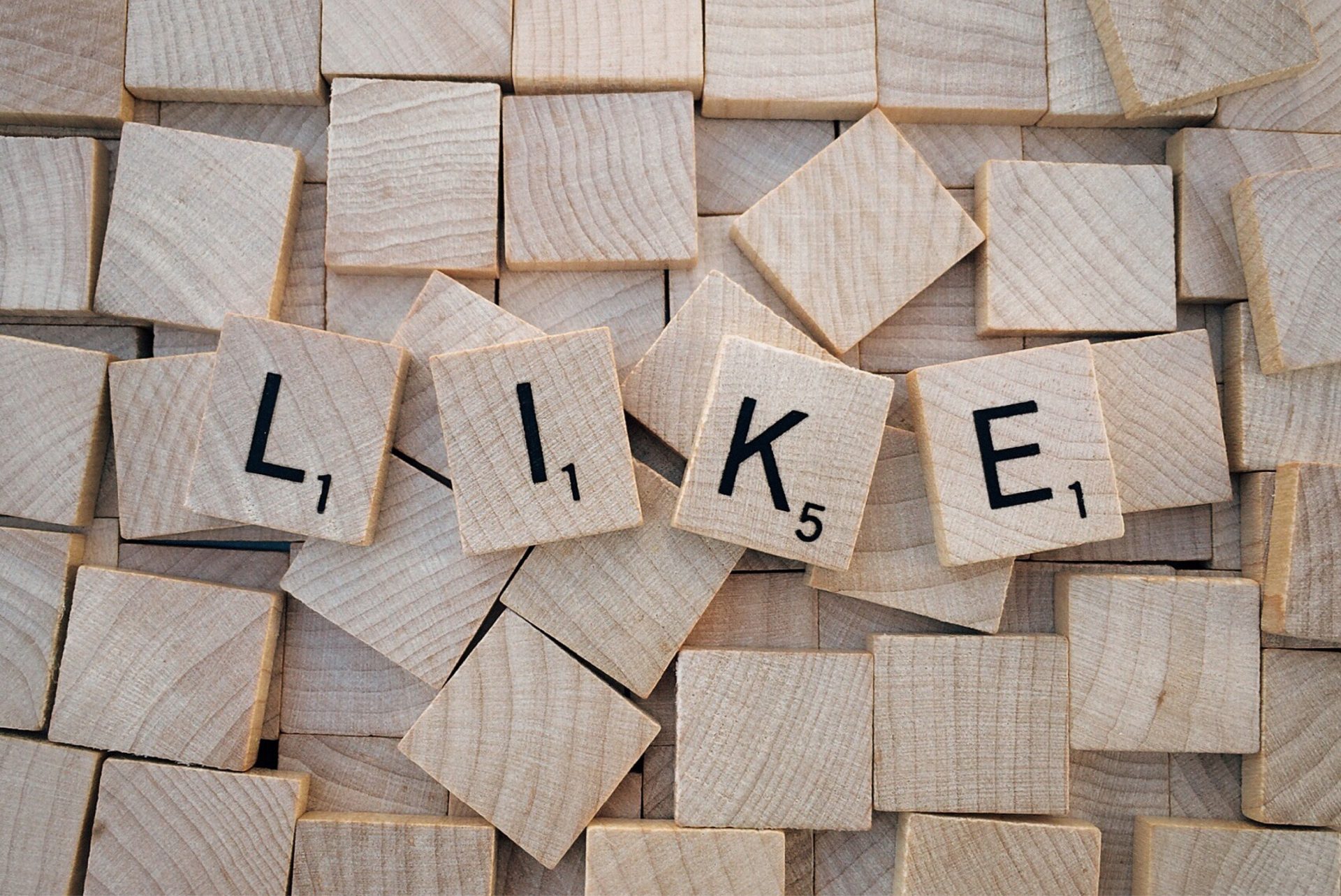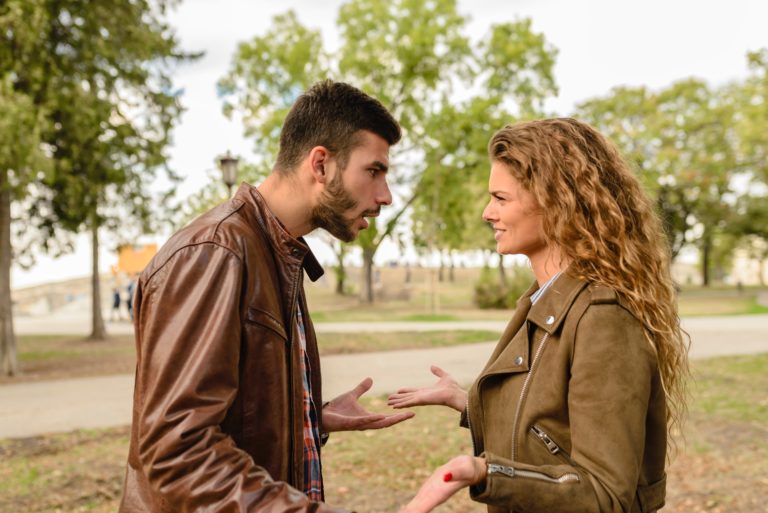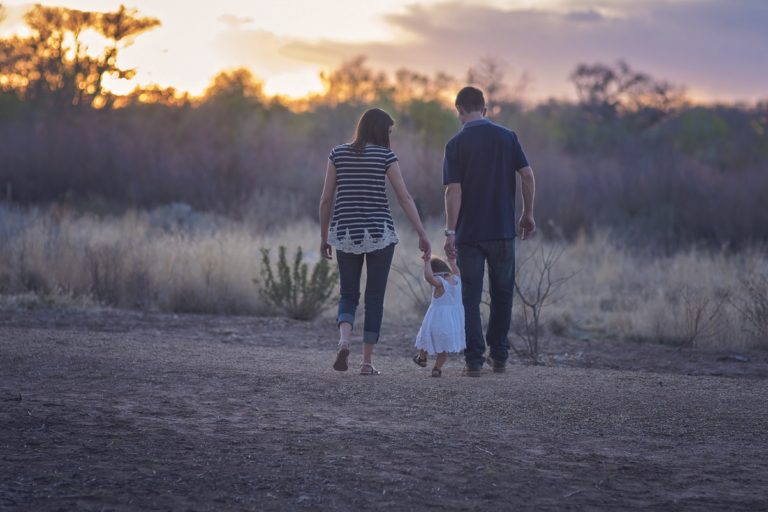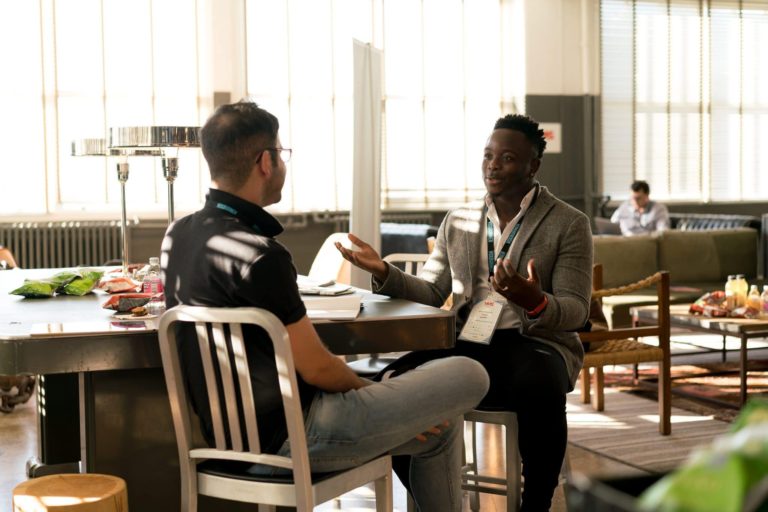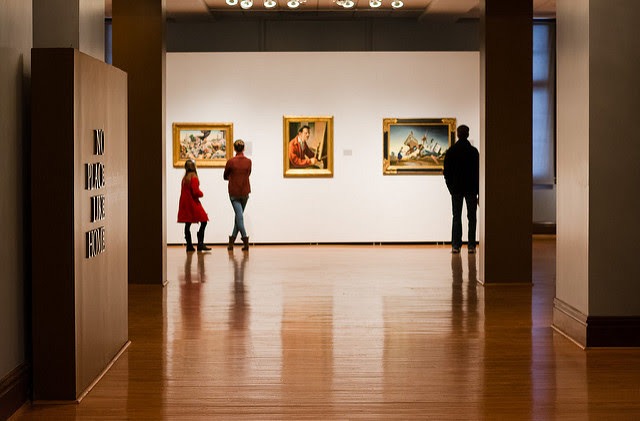Three Things Social Media is Good At (And One Thing It’s Not)
In July of 2018, I went to a writer’s conference. There were about 350 people present, and I’d met exactly three of them in person: my wife (who came with me), another author that I’d met for lunch once, and that author’s daughter. That left a whole lot of people I hadn’t met in person. As an introvert, cold introductions do not come easy for me at all, but fortunately (and without really consciously strategizing ahead of time), I’d learned quite a bit about a number of the attendees through personal connections on social media.
Social media is a pretty polarizing subject, with some people saying it’s revolutionized communication and some people blaming it for the downfall of civilization as we know it. I don’t see it as either, per say, but I do think it’s got its uses and can genuinely make life better in some cases. Here are a few examples of things I think social media is good at … and one thing it definitely doesn’t do well.
1. Social media is good at keeping contact with people you might otherwise lose contact with.
There’s no substitute for in-person interaction, but, truth be told, life can get busy and sometimes people drift apart. Back in, say, the 1980s, if a person moved and you didn’t have their phone number, you’d lose contact with them entirely. In the 1990s, email addresses helped make it easier to keep in touch — personal email addresses are portable, after all — but it still required actively emailing someone and hoping to get a response. In the 2000s, instant messaging and texting further made communication easier, but also with some limitations.
Social media, however, is a step beyond all of that. Not only can a person keep contact with others, but social media also allows you to see the broad outlines of other people’s lives, from jobs to family to vacations. It doesn’t tell you everything, of course, but it helps to connect a lot of the dots.
Some people might argue that social media makes people lazy about meeting in person. I tend to think that social media helps us keep in contact with people we might otherwise lose track of.
2. Social media is good for encouraging others.
As with #1, there’s no substitute for being able to encourage people in person, but when that’s not possible, social media can be a useful tool for that. I know many people who have drawn support from social media connections for all kinds of challenges or adversities, from the loss of a loved one to weight loss goals. Social media is at its best when it builds people up in genuine, thoughtful ways.
3. Social media is good for crowdsourcing advice or even help.
Sometimes you need advice, or, in a pinch, real help. Social media is an outstanding place to get help, especially when you’re friends with people in your area. If you need a good mechanic, or a plumber, or a medical specialist, or just a good restaurant to eat at, people will often offer their advice. The great thing, too, is that since you’re likely to get advice from multiple people, you can look to see if any trends emerge. Years ago, I was traveling back to my college town and was looking for a place to eat, and I had numerous suggestions that all pointed to the same restaurant, which helped immensely. By the same token, when I was in need of a good electrician, I had lots of good suggestions, including testimonials from first-hand experience.
I’ve never had to use social media for an emergency, but I’ve seen it help there, including people who went to pick up other people after a car accident or last-minute babysitting help because of a work obligation. None of that would have happened the same way without an online community.
And as for the bad?
Social media is not good for debating sensitive issues.
There are a number of drawbacks to social media, but I can’t think of many things more ineffective than online debates. For one, social media tends to algorithmically make it where you don’t see many people who disagree with you, but I’ve also learned that attempts to convince someone of a different point of view on sensitive topics — such as politics or religion — tend to fail spectacularly. More to the point: very rarely have I seen a person genuinely convinced of a different point of view on social media.
In-person debates aren’t a whole lot easier, but people who discuss sensitive topics in person are more likely to persuade others. That’s one reason why, for politicians, the most effective form of campaigning remains door-to-door contact.
What about you? What do you think social media has been good or bad at in your life?

